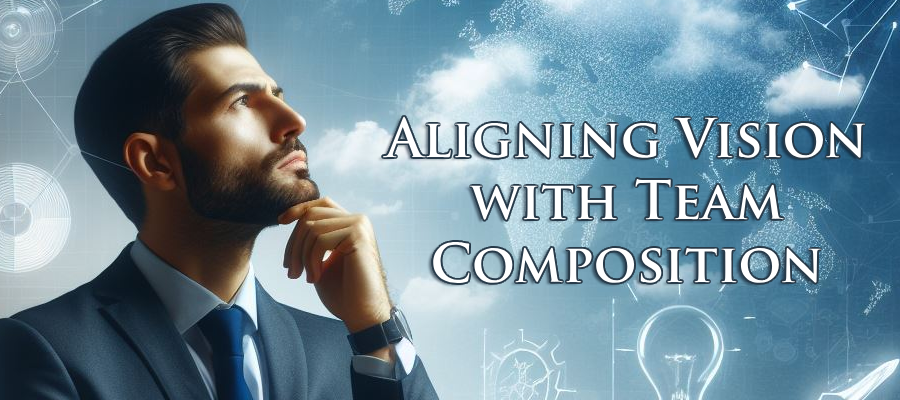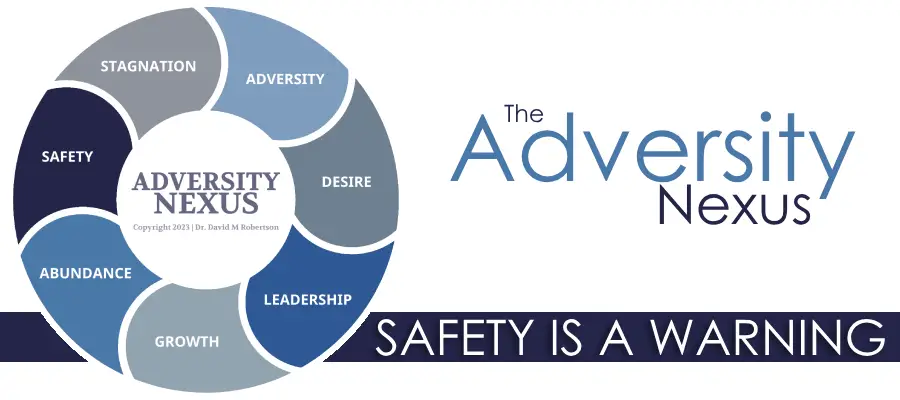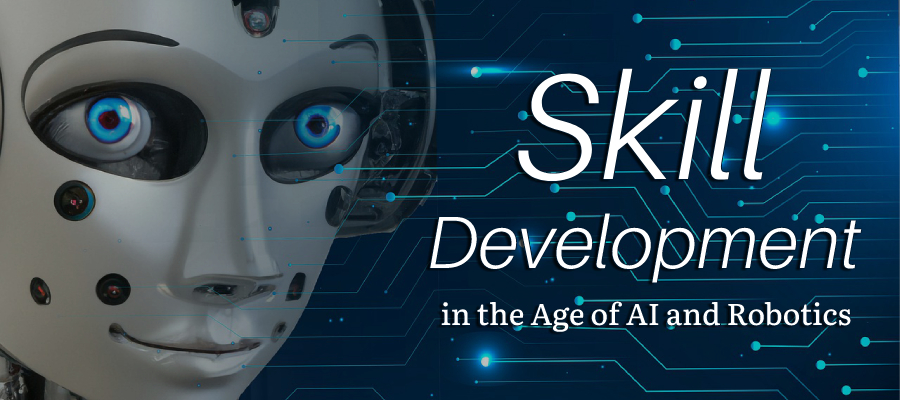Officers in law enforcement and security often face complex and rapidly evolving situations requiring up-to-date knowledge and flexible thinking. However, like many professionals, law enforcement officers can fall prey to cognitive biases that make it difficult to update their knowledge and practices. This phenomenon, known as Epistemic Rigidity, can significantly impact their effectiveness, adherence to […]
I always say it: a leader’s vision must be compelling enough to galvanize action. Indeed, common wisdom suggests that a leader’s vision should resonate with the values and aspirations of the team, providing a sense of purpose and direction. In fact, it would be hard to find a leadership expert who might push back on […]
In many ways, academia is shooting itself in the foot. Neglecting new educators neglects the future. It’s that simple. Frankly, it is alarming how many highly educated professionals (with real-world experience) are denied an opportunity to teach in higher education due to a lack of classroom experience. However, it does not appear as though many […]
Let’s discuss the complex topic of strategic leadership and break it down into simple terms for easy understanding. Many times, the complexity of Strategic Leadership is underappreciated. This is a mistake because it is not as simple as some have tried to make it out to be. However, the individual steps can be broken down […]
The importance of understanding and distinguishing between the various roles and responsibilities within an organization is crucial for organizational leaders. It is essential to comprehend the distinct roles of management, human resources, and leadership and the significance of hiring professionals with the necessary qualifications and experience in their respective fields. The thing to think about […]
Leadership is a crucial aspect of any organization or community. It involves guiding, directing, and motivating others to achieve a common goal. However, not all leadership advice is created equal. Some advice, known as pseudo-leadership advice, can be detrimental to individuals and organizations. Pseudo-leadership advice can take many forms, from motivational quotes and slogans to […]
The “Adversity Nexus,” also known as “Robertson’s Cycle,” is a comprehensive model that outlines the interconnected stages governing the rise and decline of individuals, organizations, and nation-states. The model emphasizes the interplay between adversity, leadership, growth, abundance, safety, and the potential pitfalls of focusing excessively on security. The key stages of the Adversity Nexus are […]
Diversity, Equity, and Inclusion (DEI) initiatives are programs and efforts implemented by organizations to promote and ensure the representation and fair treatment of individuals from diverse backgrounds. These initiatives aim to create a more inclusive and equitable workplace and society by addressing and reducing discrimination and bias and creating opportunities for underrepresented groups. On the […]
Confidence is essential for leaders. However, sometimes the level of that confidence is unwarranted. Moreover, such confidence becomes dangerous when the leader is unaware that such confidence is unwarranted. The Dunning-Kruger Effect is a psychological phenomenon in which individuals with low levels of competence overestimate their abilities and underestimate the abilities of others. Sometimes labeled […]
Artificial Intelligence (AI) and robotics play an increasingly significant role in the workforce. Soon, they will play a large role in our health and in our homes. As machines continue to become more advanced, individuals need to develop skills that complement, rather than compete with, those of machines to remain relevant in the age of […]










